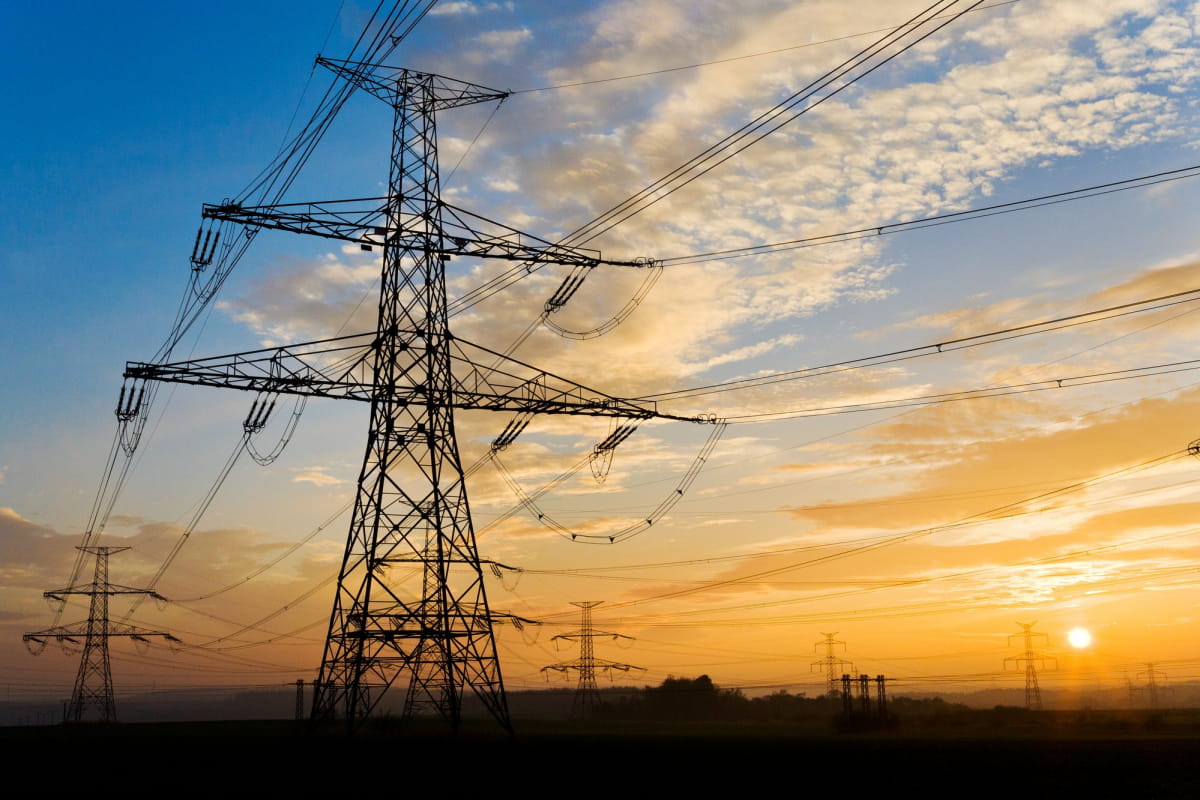Electricity market is vulnerable to any influence: DiXi Group expert
Today’s electricity market is not yet the one we’re striving for
At this point, it is still premature to say that reform of the electricity market was a success, for the state in which this market is after the first year of operation in new conditions can hardly be considered a target model of a competitive, mature market of European quality, DiXi Group expert Bohdan Serebrennikov said in a commentary to Ukrainian Energy.
“Today’s market, with the large number of regulatory caps on wholesale prices, imprudent policy of support for renewable energy, nonmarket prices for households and existing mechanism of placing special obligations (PSO), does not look like the model being built in the EU. One can see certain manifestations of abuse of market power by market participants, both on the side of supply and on the side of demand, which result in significant price fluctuations and destabilize the market. For the time being, the domestic electricity market is definitely highly concentrated, immature and very vulnerable to any factors of influence, especially administrative interventions or manipulative actions of its participants,” the expert said.
In Bohdan Serebrennikov’s opinion, operating rules of the electricity market must be changed.
“The first thing that needs to be done is to abolish the existing PSO mechanism and start harmonizing electricity prices for households with the market level while protecting vulnerable consumers via targeted subsidies. The transition to a financial model of PSO must increase competition and help solve the problem of financial imbalances in the market,” he said.
An effective mechanism of market monitoring by the regulator and the Antimonopoly Committee must also be set up. The signs of unfair competition must be identified in due time, and the punishment for these violations must be quite harsh.
It is too soon to say who won and who lost from the transition to the new model in July 2019. Moreover, a full-fledged transition as such has not taken place yet.
“We see the struggle of various forces, both on part of energy companies (especially the largest players: DTEK, Energoatom NNEGC, and renewable electricity producers) and on part of the government, for market influence. And since the market is still not systemic and overregulated, the winner is the one who lobbies the best,” the expert believes.
In a medium term, it is extremely important to ensure full integration with electricity markets of EU member states.
“We need to move forward, taking into account experience and the best practices of EU states. In doing so, the most important thing is to ensure transparent and nondiscriminatory market policy and operation, independent and efficient control on part of the regulatory agency and the Antimonopoly Committee, and integration into the European energy market,” the expert summed up.
It is worth reminding that on 17 June, the Verkhovna Rada has passed the law on measures aimed to settle debt in the wholesale electricity market (Law 2386). This Law will allow to settle debt owed by Energorynok SE to electricity suppliers and incurred before the launch of the new electricity market.









